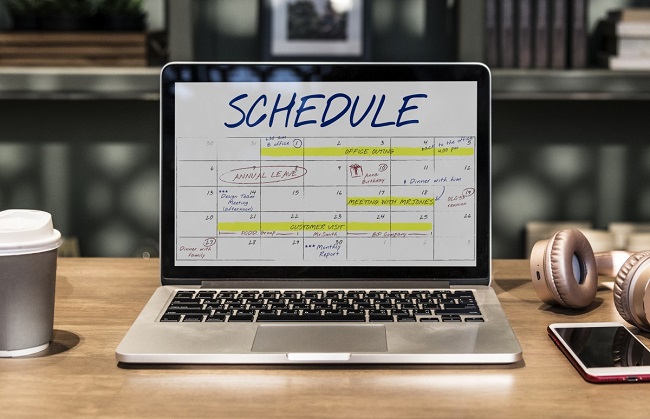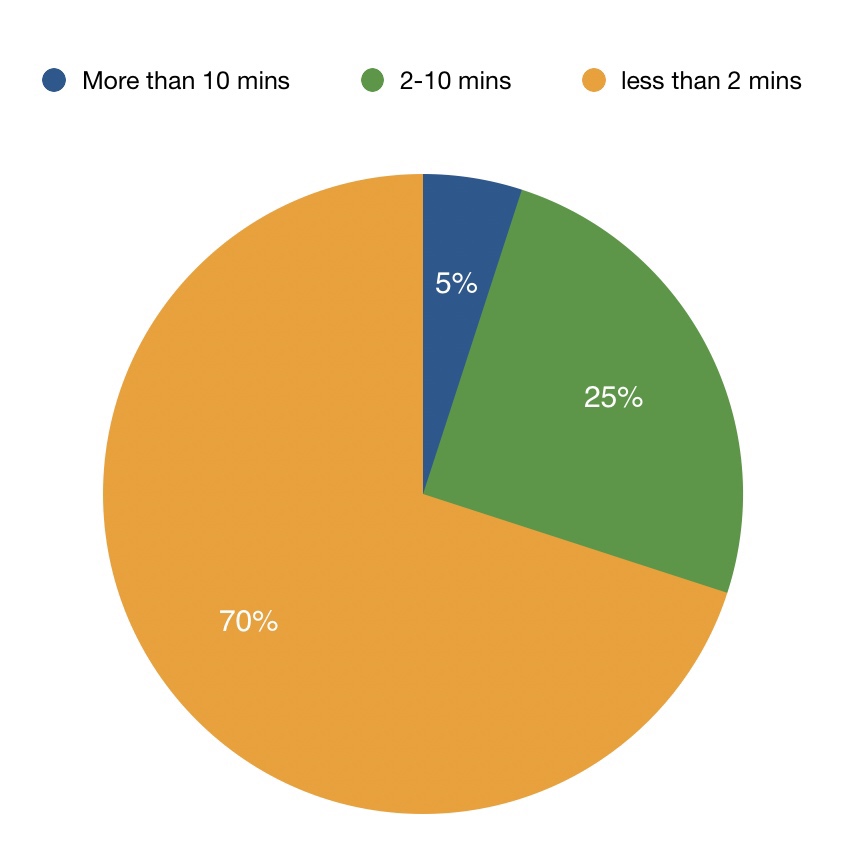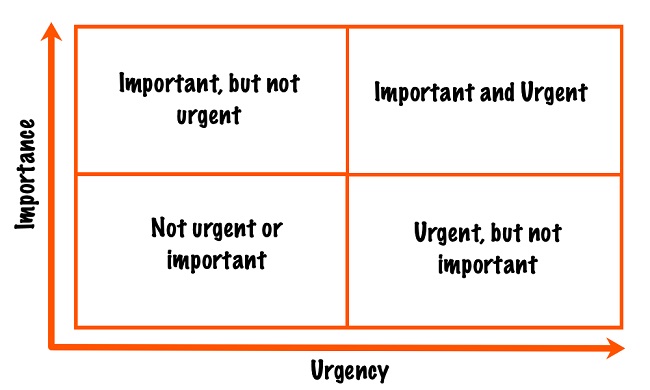William Penn said: “Time is what we want most but use worst.” Do you know how to spend your time efficiently?

You may experience many stressful nights before the deadline or you may hear from people around you complain that “I don’t have enough time to do …”.
There are 24 hours a day, and if we estimate that 8 hours of sleep a day, there are 16 hours left. If we work or study from 9am to 5pm consistently, we still have 8 hours that can be used discretionarily. So, why people still feel they don’t have enough time to do what they want?
At the internet age, the time we spent on screen might occupy the biggest percentage of time-wasting.
Some facts you need to know
- On average, people spend 3 hours and 15 minutes a day (49.4 days per year) on phones.
- On average, users check their phones 58 times a day with 30 check-ins happening during working hours (9am–5pm).

- Most people can’t go longer than 1 hour and 43 minutes during the day without touching our phones.
- You will spend an average of 5 years and 4 months of your life on social media, but only 1 year and 3 months socializing with real people. (Resource: The rescue time)
Now, you must have known how much time you left for a day and think about whether you have use them rationally or efficiently? There are some tips for time management.
1.Use a to-do-list
A survey did by Brian Tracy said that 10-12 minutes invested in planning your day will save at least 2 hours of wasted time and effort throughout the day.
2.Build “Eisenhower Principle” (Deal with the important and urgent task first).
By using Eisenhower’s Urgent and Important Principles, people can quickly classify the things should do now and things need to bu ignored. It can be divided into four levels: Important and urgent; Important but not urgent; Not important but urgent; Not important and not urgent. List all the tasks and make a match to different levels.

3.Stop multi-tasking
Multi-tasking means people do two or more tasks simultaneously or switch back and forth from one thing to another. It also include people do many tasks in rapid succession. Researchers Powell and Suzanne.K suggest that multitasking can actually reduce productivity by as much as 40%!
4.Use some essential time management apps
For example, Rescue Time helps you to use your time wisely; Toggl helps to keep track of time spent on projects and tasks and give a direct analyze; Remember The Milk helps to remind your top task all the time.
5.Avoid distractions
Julia Ravey is a neuroscience PhD student, she said that your phone can be your best friend and worst enemy for your work. Turn off notifications and leave on the other side of the room is a good way to increase efficiency.
6.Set a time limit when doing a task
Setting a time constraints helps people to feel more urgent so that to be more focused and efficient. If you find it is hard to complete some tasks in time limit, try to find the reason behind.
7.Have a break between different tasks
It is said that human brain can only focus for about 90 minutes at a time. To achieve a high efficiency, have a rest properly.
8.Take advantage of pieces of time
When you waiting in lines or taking a train, you can reply emails using your phone or carry a book with you.
